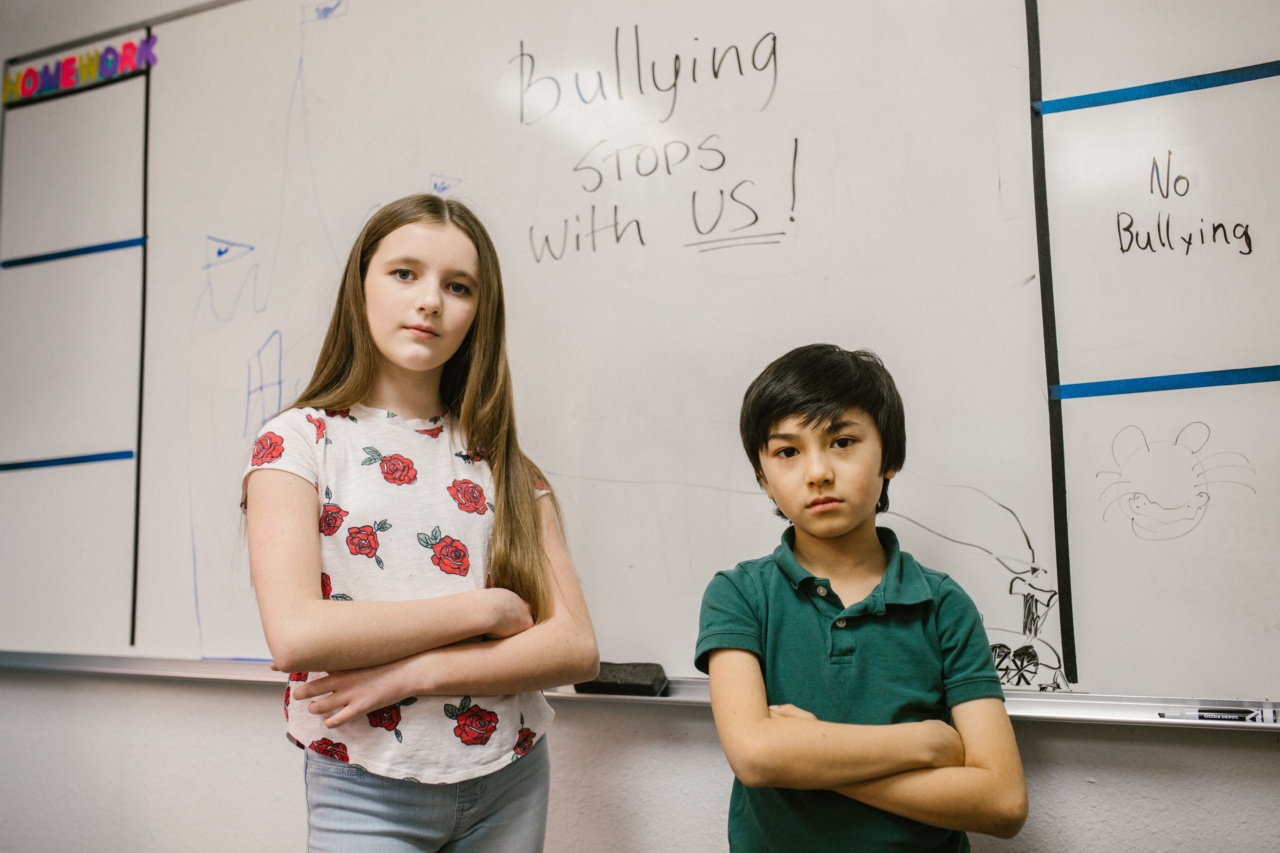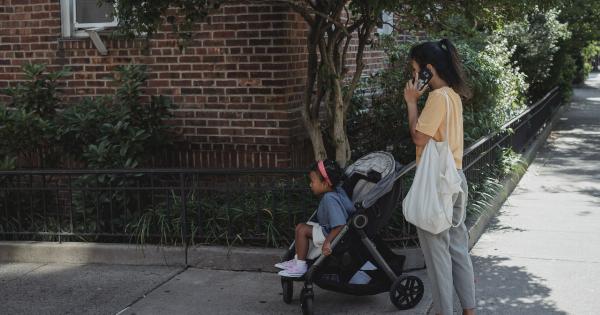As parents, we all want the best for our children. We want to help them grow and develop into happy, healthy and well-adjusted adults. However, sometimes, our words and actions can unintentionally harm our children’s well-being.
In this article, we will look at six common expressions that can damage a child and suggest alternative ways to phrase them.
These simple switches in words can make a significant impact on a child’s mental and emotional health, as well as strengthen your bond with them.
The Power of Words
Words carry a lot of weight. They can shape how we view ourselves and the world around us. For children, their parents’ words are particularly significant. Children rely on their parents for guidance, reassurance, and support.
Even the slightest negative comment can undermine their confidence and sense of worth.
Parents often underestimate the impact of their words, not realizing that they can do more harm than good.
By being mindful of the phrases you use with your children, you can help them develop a positive outlook on life and foster a strong relationship with them.
: Expressions to Avoid
1. “You’re Not Good Enough”
This phrase can be devastating to a child’s self-esteem. It implies that the child has failed to meet your expectations and that they will never measure up.
Using this phrase can create an atmosphere of shame and guilt, making the child feel unworthy and inadequate.
: Alternative
Instead of telling your child that they are not good enough, offer specific feedback on what they can improve.
For example, “You did well on most of your math problems, but let’s work on the ones you got wrong together.” This way, you can focus on the skills the child needs to develop without belittling them.
2. “I Told You So”
This phrase can come across as condescending and dismissive. It suggests that the child’s failure was inevitable, and that they should have listened to you.
It can also discourage the child from taking risks and making mistakes, which are critical to their growth and learning.
: Alternative
Instead of saying “I told you so,” offer empathy and support. For example, “I know you tried your best, and I am proud of you for that. We all make mistakes, and that’s how we learn.
Let’s figure out what we can do differently next time.”.
3. “I’m So Disappointed in You”
This phrase can be damaging to a child’s sense of worth and value. It can make them feel like a burden or a disappointment, and that they have let you down.
Children often seek their parents’ approval and acceptance, and hearing this phrase can lead to feelings of rejection and self-doubt.
: Alternative
Instead of expressing disappointment, try to understand the situation and offer guidance. For example, “Let’s talk about what happened and how we can make it better. I know you can do this, and I am here to support you.”.
4. “Why Can’t You Be More Like Your Sibling?”
This phrase can cause resentment and jealousy between siblings. It suggests that one child is better than the other and undermines their bond. It can also lead the child to question their identity and place in the family.
: Alternative
Instead of comparing siblings, focus on each child’s unique qualities and strengths. For example, “You did a great job on your project, and your brother did an excellent job on his.
You both have different strengths, and I am proud of both of you.”.
5. “You’re Being Too Sensitive”
This phrase can invalidate a child’s feelings and emotions. It suggests that their reactions are exaggerated or unnecessary, and that they should toughen up.
It can discourage the child from expressing their emotions and lead to emotional suppression.
: Alternative
Instead of dismissing the child’s feelings, validate them and offer support. For example, “I understand that you feel upset, and it’s okay to feel that way.
Let’s talk about what’s bothering you and see how we can make it better.”.
6. “You’re Such a Bad Kid”
This phrase can create a negative self-image and identity for the child. It suggests that the child is inherently bad and incapable of change. It can also lead to a self-fulfilling prophecy, where the child lives up to the negative label.
: Alternative
Instead of labeling the child, focus on their behavior and offer guidance. For example, “It’s not okay to hit your brother, but I know you can do better. Let’s talk about how we can handle your emotions in a more positive way.”.
Conclusion
Words are powerful. The way we speak to our children can have a profound impact on their well-being and our relationship with them.
By avoiding damaging expressions and using positive language, we can help our children develop a positive self-image, foster their emotional growth, and strengthen our bond with them.
Remember to be mindful of your language and to offer empathy and support, rather than criticism and judgment. Together, we can create a positive and nurturing environment for our children to thrive in.































